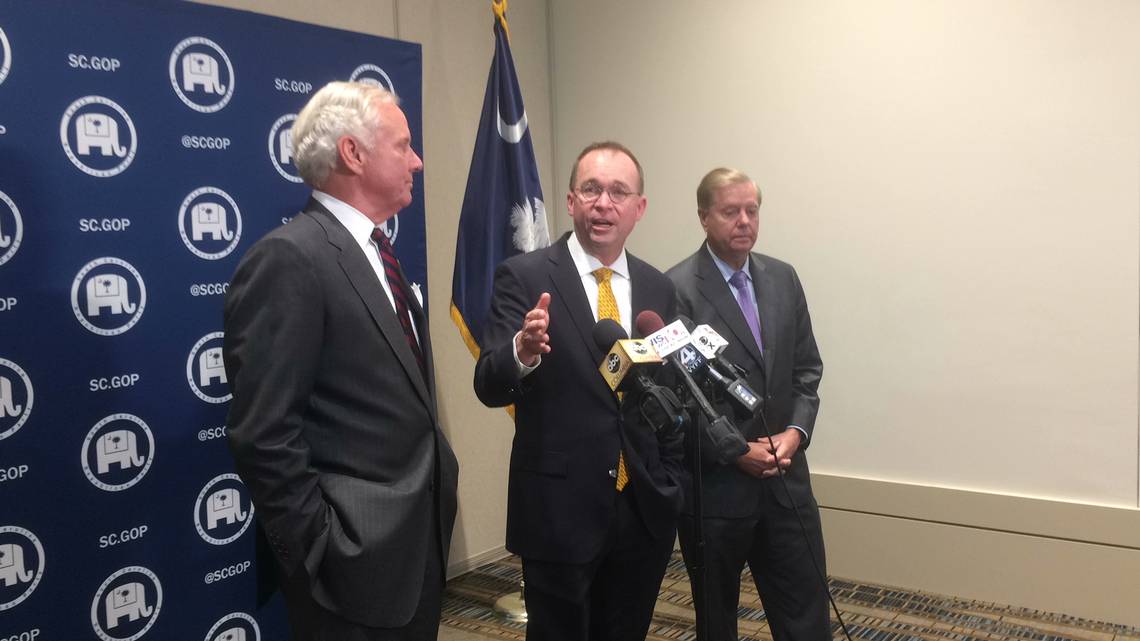CHARLESTON, South Carolina: Charleston’s tourism marketing organization is rolling out a new online platform about African American history and culture in the region.
The new website, “Voices: Stories of Change”, is a complete overhaul of its predecessor, which had not been updated in about a decade, The Post and Courier reported.
Explore Charleston Deputy Director Perrin Lawson said work on the new site started about 18 months ago. The main takeaway, he said, was the wide range of perspectives gathered that led the team to seek local contributors with personal connections to the subject matter. For example, an article on Robert Smalls was written by International African American Museum CEO Michael Boulware Moore.
Smalls, who famously stole a Confederate ship in Charleston Harbor and later became one of the first African Americans elected to Congress, is Moore’s great-great-grandfather.
Another contributor, Joseph McGill, wrote about his experience founding the Slave Dwelling Project. By spending the night in former slave dwellings and holding corresponding educational events, McGill has tried to raise awareness of those structures, which are often not restored.
Most of the pieces are relatively brief, between 300 and 500 words, and fall under a selection of themes. The articles are also connected to a timeline, which starts with the pre-Colonial history and leads up to the present day.
Those stories and the interest they’re intended to evoke are the web site’s primary purpose, while visitors will be redirected to the visitors’ bureau’s main website for trip planning and business listings.
An interactive map marks notable spots, primarily on the peninsula, like Emanuel AME Church, the local NAACP office and the Avery Research Center.
Millicent Brown, a longtime community advocate and educator, served as one of the key advisors for the site’s creation. She described the site as a “work in progress”, saying it still needs to more directly address the brutality of slavery.
“The pain has to be there front and centre,” Brown said.
Addressing that pain is a stated goal of the site. The page explaining the project’s purpose states that Explore Charleston “`will not attempt to rewrite the past”.
“We will tell the story in full, and not hide those parts that are ugly and painful,” it reads.
The “continued goal”, Brown said, should be to ensure that African American experiences are present in every resource available to visitors. This separate site can serve as a deeper dive, but these stories should be more visible on every platform, she said.
“There is black history embedded in almost every corner of this city,” Brown said.
The site also provides links to several local resources, like the Gullah Geechee Cultural Heritage Corridor and the Slave Dwelling Project, and includes a page where people can contact Explore Charleston. Explore Charleston is actively seeking more contributors, Lawson said, and intends to frequently update the content.
One of the hopes for the website, Lawson said, is that it will engage visitors even before they come to the city in a “fuller history” of Charleston.
“It’s our job to get people to want to visit Charleston, but it’s also our job to get people to visit for the right reasons,” Lawson said. “And this is one of the right reasons.” AP







